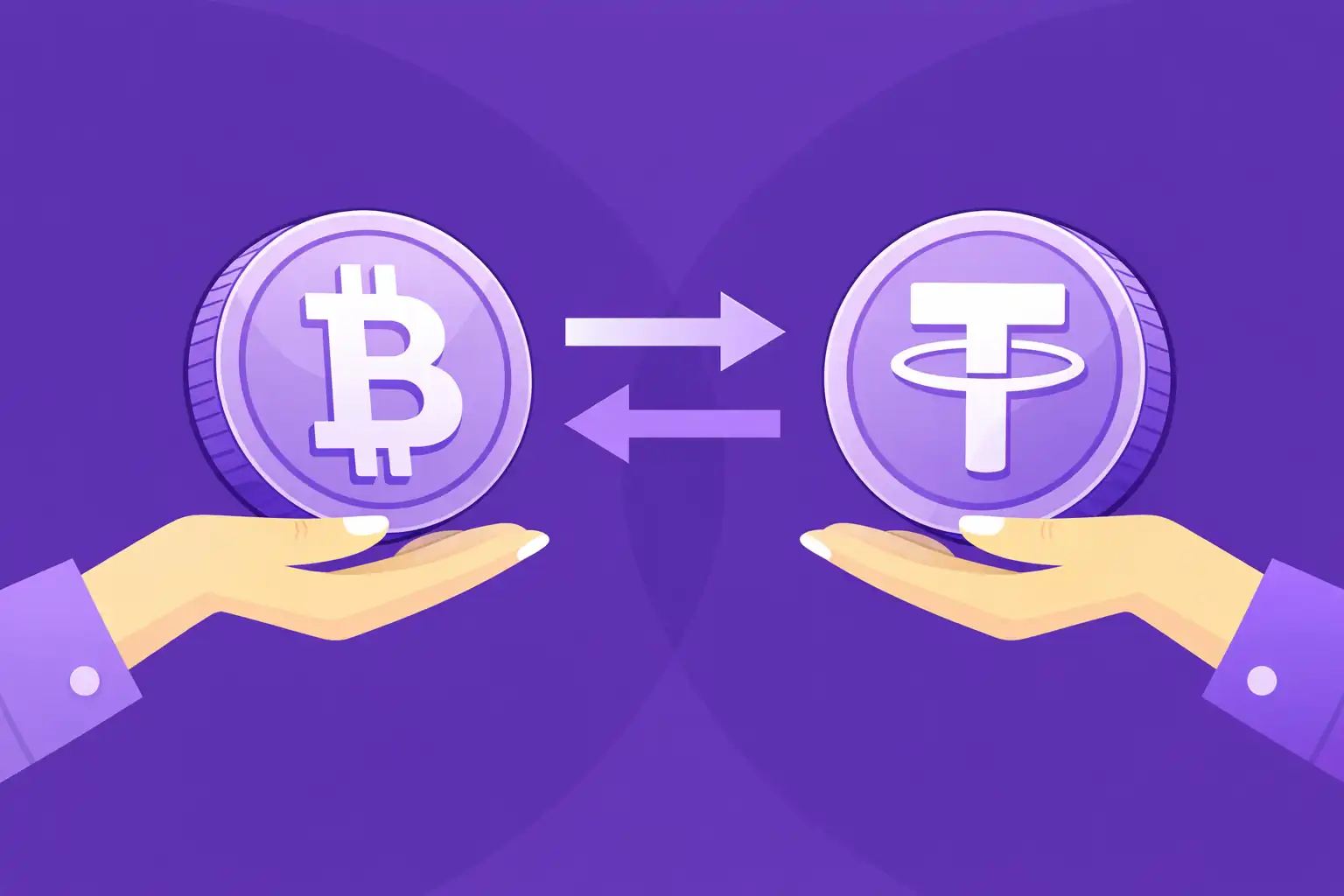Cryptocurrency is widely discussed in the digital world, and people often encounter the terms coin and token. Although they may seem similar, they represent different types of digital assets. Both exist on blockchains and are traded on crypto platforms, but they differ in structure, purpose, and function.
This article explains the token vs coin difference in a clear, simple, and step-by-step way to help readers understand how they work in the blockchain ecosystem, especially for businesses and startups exploring a crypto token service for their projects.
Before diving into the difference between a coin and a token, it is important to understand what cryptocurrency actually is.
What is Cryptocurrency?
Cryptocurrency is a digital asset that uses blockchain technology to record transactions. A blockchain is a decentralized ledger that stores data across many computers, making it secure and transparent. Instead of relying on banks or central authorities, cryptocurrencies allow users to send and receive value directly.
Within this ecosystem, coins and tokens are the two most common types of crypto assets.
What Is a Crypto Coin?
A crypto coin is a digital currency that operates on its own independent blockchain. This is the most important feature that defines a coin. When a blockchain network is created, it usually launches with a native digital currency. This currency is called a coin because it is deeply connected to the blockchain itself.
If a digital currency has its own blockchain, it is called a crypto coin.
How Does a Coin Function?
A crypto coin is more than just a digital asset because it forms the main part of its blockchain network and is responsible for keeping the system running properly. It helps process transactions, secures the network, and supports the overall functioning of the blockchain so that users can send and receive value safely and efficiently.
Coins are used in several important ways:
- Pay transaction fees on the network
- Reward miners or validators for securing the blockchain
- Enable peer-to-peer value transfer
- Maintain the blockchain’s economic structure by regulating supply and incentivizing participants
Some popular examples of crypto coins include:
- Bitcoin (BTC), which runs on the Bitcoin blockchain
- Ethereum (ETH), which operates on the Ethereum blockchain
- Litecoin (LTC), with its own blockchain
- Monero (XMR), focused on privacy
- XRP, which functions on the XRP Ledger
Each of these coins has its own blockchain network and performs a central role, which is why they are classified as coins rather than tokens.
What Is Crypto a Token?
A crypto token is a digital asset that is created on an existing blockchain instead of having its own. Unlike coins, tokens do not launch their own blockchain network. Instead, they rely on the infrastructure, security, and consensus mechanism of another blockchain, such as Ethereum or BNB Chain.
If a digital asset uses another blockchain instead of owning one, it is called a crypto token.
How Does a Token Function?
Crypto tokens are digital assets created on existing blockchains using smart contracts. These self-executing programs define how to create a crypto token, including its rules, total supply, and transfer process. Unlike coins, tokens cannot operate independently and rely on the security of their underlying blockchain. Every token transaction requires fees paid in the native coin, such as ETH for Ethereum-based tokens.
- USDT (Tether): Stablecoin token used for pegged digital value
- USDC: Another widely used stablecoin token
- Chainlink (LINK): Utility token for decentralized services
- Uniswap (UNI): Governance token enabling voting in decentralized platforms
- Shiba Inu (SHIB): Community-driven token
These tokens rely entirely on the underlying blockchain, like Ethereum, for security, transaction verification, and network support.
Core Difference Between Coin and Token
The core difference between a coin and a token is blockchain ownership. A coin has its own blockchain and runs the network, while a crypto token is built on an existing blockchain and depends on it for security and operations. This fundamental difference defines how coins and crypto tokens are created, used, and function within the broader crypto ecosystem.
To make the difference between a coin and a crypto token even clearer, the table below provides a structured and easy-to-understand comparison that highlights their key characteristics:
| Feature | Coin | Token |
|---|---|---|
| Blockchain | Has its own blockchain | Built on an existing blockchain |
| Independence | Fully independent | Depends on another blockchain |
| Creation | Requires building a blockchain | Created using smart contracts |
| Main Role | Powers and secures the network | Adds utility or functionality |
| Transaction Fees | Paid using the coin itself | Paid using blockchain’s native coin |
| Network Control | Controls network rules | No control over network |
| Security Responsibility | Secures blockchain | Uses blockchain’s security |
| Examples | Bitcoin, Ethereum | USDT, LINK, UNI |
| Purpose | Digital money & network operation | Utility, governance, access |
Conclusion
Understanding the difference between coin and token is important for anyone learning about cryptocurrency. Both are digital assets, but they are used in different ways. Coins run on their own blockchains and help operate and secure those networks. Crypto tokens are built on existing blockchains and are mainly used to provide extra features, services, or utilities.
When people understand how crypto coin and tokens differ in structure and use, it becomes easier to learn how crypto tokens work. This knowledge reduces confusion and creates a strong foundation. Simply put, coins run the blockchain, and tokens add functions on top of it.
Frequently Asked Questions
Coins have independent blockchains and primarily serve as digital money. Tokens rely on existing blockchains and provide extra features or services within a specific ecosystem.
Yes, some crypto tokens initially launched on existing blockchains can migrate to their own blockchain in the future, effectively becoming a native coin once the network is independent.
Tokens are easier and faster to create since they use existing blockchains. They allow projects to offer utilities, governance, or community incentives without building a full blockchain.
Yes, Crypto coins pay transaction fees in their own currency on their native blockchain. Tokens pay fees in the blockchain’s native coin, like ETH for Ethereum-based tokens.
In 2025, the global crypto market is valued around $3.05–$3.13 trillion, with 559 million users. Bitcoin dominates, holding about 62% of total market capitalization.
Mostly, yes. Stablecoins like USDT or USDC are usually issued as tokens on existing blockchains, though a few rare stablecoins may exist as native coins on their own networks.
No, crypto coins operate on their own blockchain and act as digital money, while crypto tokens are built on existing blockchains and serve specific purposes, like governance, access, or utility within a project.
Bitcoin is a coin because it has its own blockchain. It can be used for trading, storing value, or making payments.
It depends on the purpose. Coins are best for transferring value and securing networks, while tokens are ideal for project-specific utilities, governance, or community incentives.
Reviewed & Edited By

Aman Vaths
Founder of Nadcab Labs
Aman Vaths is the Founder & CTO of Nadcab Labs, a global digital engineering company delivering enterprise-grade solutions across AI, Web3, Blockchain, Big Data, Cloud, Cybersecurity, and Modern Application Development. With deep technical leadership and product innovation experience, Aman has positioned Nadcab Labs as one of the most advanced engineering companies driving the next era of intelligent, secure, and scalable software systems. Under his leadership, Nadcab Labs has built 2,000+ global projects across sectors including fintech, banking, healthcare, real estate, logistics, gaming, manufacturing, and next-generation DePIN networks. Aman’s strength lies in architecting high-performance systems, end-to-end platform engineering, and designing enterprise solutions that operate at global scale.







